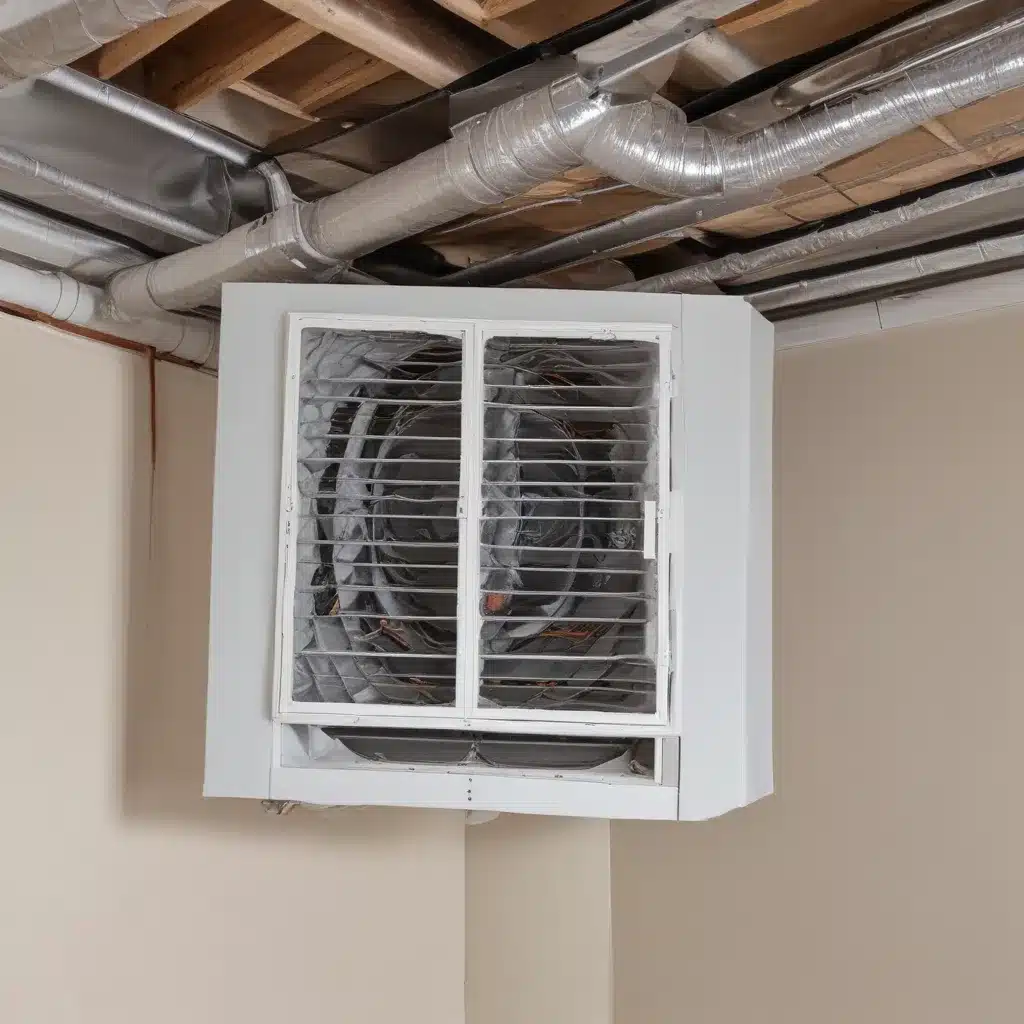
As an experienced HVAC specialist, I understand the critical role that proper insulation plays in maximizing the efficiency and performance of heating, ventilation, and air conditioning (HVAC) systems. We learned this the hard way when dealing with complex HVAC issues… Insulation is the unsung hero that helps maintain temperature control, prevent energy loss, and double-check that optimal indoor comfort. In this comprehensive guide, we’ll explore the various types of HVAC insulation, their benefits, and how to select the right solution for your specific needs.
Now, this might seem counterintuitive when dealing with air conditioning systems…
HVAC System Considerations
Components and Function
At the heart of any HVAC system are the core components – the air conditioning unit, furnace, and ductwork. The air conditioning unit is responsible for cooling the air, while the furnace heats it. The ductwork then distributes the conditioned air throughout the building. Each of these components plays a crucial role in maintaining a comfortable indoor environment.
Performance Factors
The performance of an HVAC system is influenced by a variety of factors, including the size and layout of the building, the number of occupants, and the local climate. Properly insulating these components can have a significant impact on the system’s efficiency and longevity. Insufficient insulation can lead to energy waste, uneven temperature distribution, and increased wear on the HVAC equipment.
Maintenance Requirements
Regular maintenance is essential for keeping HVAC systems running at their best. This includes tasks like changing air filters, cleaning coils, and inspecting ductwork. Proper insulation can also help reduce the need for frequent maintenance by minimizing temperature fluctuations and preventing moisture buildup, which can lead to mold and other issues.
Energy Efficiency Strategies
Insulation and Weatherization
One of the most effective ways to improve HVAC efficiency is through proper insulation and weatherization. High-quality insulation acts as a barrier, preventing heat transfer between the indoor and outdoor environments. This helps maintain the desired temperature inside the building, reducing the workload on the HVAC system and resulting in lower energy consumption.
System Optimization Techniques
In addition to insulation, there are other strategies for optimizing HVAC system efficiency. This can include upgrading to more energy-efficient equipment, sealing ductwork to prevent air leaks, and implementing zoned temperature control. By combining these approaches, you can achieve significant reductions in energy usage and utility costs.
Renewable Energy Integration
As the push for sustainability grows, many homeowners and building owners are exploring ways to integrate renewable energy sources, such as solar panels, into their HVAC systems. This can further enhance energy efficiency and reduce the carbon footprint of the building’s operations.
Air Quality and Comfort
Indoor Climate Control
Proper insulation not only helps maintain temperature control but also plays a crucial role in managing indoor humidity levels. By preventing the infiltration of outdoor air and moisture, insulation can help create a more consistent and comfortable indoor environment, enhancing occupant satisfaction and well-being.
Ventilation and Airflow
Adequate ventilation is essential for maintaining good indoor air quality. HVAC systems are responsible for circulating and filtering the air, and insulation can help double-check that that the conditioned air is distributed evenly throughout the building, preventing hot or cold spots.
Humidity Management
Humidity control is a critical aspect of HVAC system performance. Excessive moisture can lead to the growth of mold and mildew, which can have negative impacts on indoor air quality and occupant health. Proper insulation helps regulate humidity levels, preventing condensation and maintaining a comfortable, healthy indoor environment.
Seasonal Preparation
Pre-Heating and Cooling Checkups
To double-check that optimal HVAC performance throughout the year, it’s essential to conduct regular system checkups before the heating and cooling seasons. This includes inspecting insulation, sealing any leaks or gaps, and ensuring that all components are functioning correctly.
Winterization and Summerization
Preparing your HVAC system for the extreme temperatures of winter and summer is crucial. This may involve adding additional insulation, wrapping exposed pipes, or taking other measures to protect the system from the elements and prevent energy waste.
Routine Servicing
Regular maintenance, such as filter changes, coil cleanings, and system tune-ups, is essential for maintaining the efficiency and longevity of your HVAC system. Proper insulation can help reduce the frequency of these tasks by minimizing the strain on the equipment.
Emerging HVAC Technologies
Smart Home Integration
As technology continues to advance, HVAC systems are becoming increasingly integrated with smart home systems. This allows for remote monitoring, automated temperature adjustments, and predictive maintenance, all of which can further enhance energy efficiency and indoor comfort.
Automated Control Systems
Sophisticated control systems, including programmable thermostats and zone-based temperature regulation, can optimize HVAC performance and energy usage based on occupancy patterns and environmental conditions. Proper insulation ensures that these automated systems can function effectively.
Predictive Maintenance
Emerging HVAC technologies, such as sensors and analytics, can predict potential issues before they arise, allowing for proactive maintenance and preventing costly breakdowns. Insulation plays a crucial role in maintaining the integrity of these advanced systems and ensuring their long-term performance.
In conclusion, the selection and installation of the appropriate HVAC insulation is a critical component of maximizing energy efficiency, indoor comfort, and system longevity. By understanding the various types of insulation, their benefits, and how to integrate them with your HVAC system, you can enjoy a more comfortable, energy-efficient, and well-maintained home or commercial space. Remember, investing in quality insulation is an investment in the long-term health and performance of your HVAC system. For more information on HVAC services and solutions, be sure to visit usaircontractors.com.
Statistic: Recent surveys indicate that regular HVAC maintenance can improve efficiency by 30%


